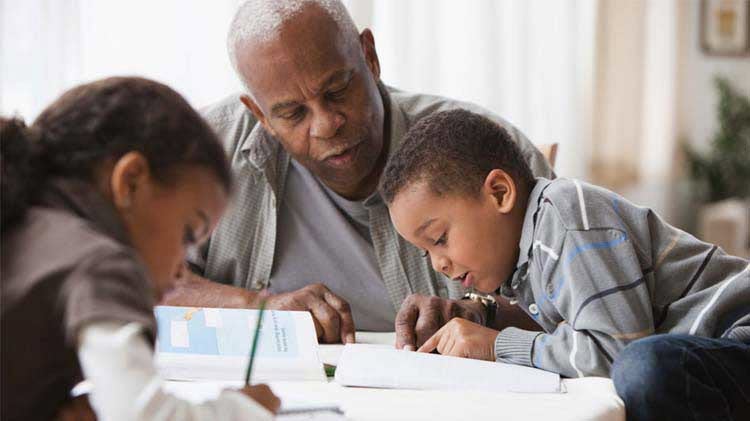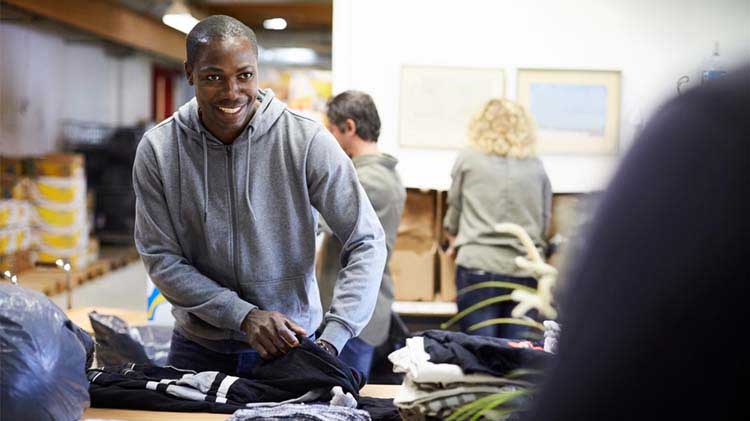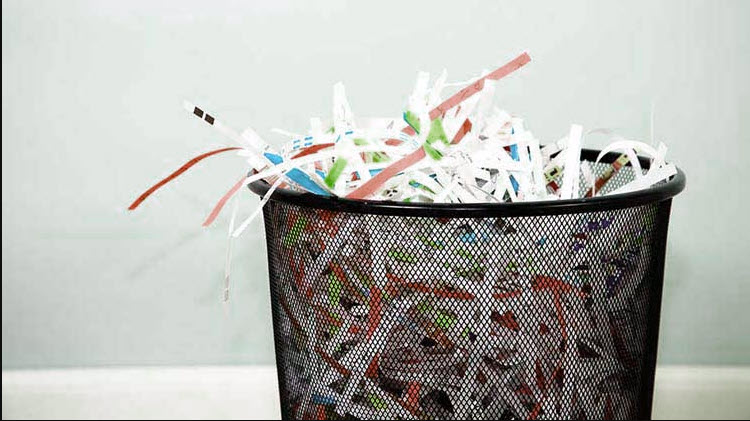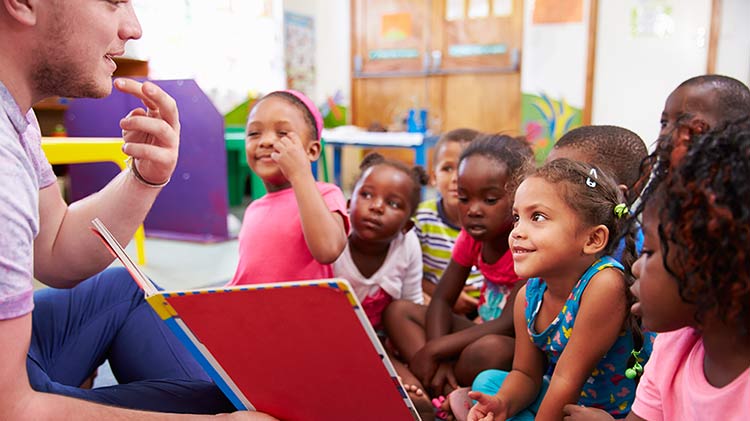Change a life: Mentor a child
Become a reading mentor and you can help boost literacy, one child at a time.
Access, socioeconomic level and ability are some of the contributing factors that may lead a child to struggle with reading, but any lag in this essential skill for younger children has far-reaching consequences. Take high school graduation. In 2019, a study was conducted by the Annie E. Casey Foundation and they found that students who were not proficient in reading by the end of third grade were four times more likely to drop out of high school than proficient readers. According to a study by the National Assessment of Educational Progress in 2019, three districts at grade 4 and eleven districts at grade 8 had score declines in reading compared to 2017.
But there's good news and an immediate way to make a positive impact for kids: mentor reading. Studies show that adult involvement improves not only reading skills and enjoyment but also attitudes about school, participation in extracurricular activities, outlook on the future and, in the end, a child's chance of continuing education. Ready to make a difference in your own home and for other children? Try these ideas:
Boost a child's ability
Literacy mentors — part coach, part cheerleader — can be found in schools and community organizations across the country. These volunteers' one and only goal? Help children learn to love reading. How they accomplish that varies. Some may read (and be read to) for an hour a month with one child or a whole class. Some may complete formal training and commit to a weekly reading session that aligns with a specific curriculum.
Your next step: Search an online volunteer database, such as Neighborhoodofgood.com®, or contact your local school for connections to childhood community literacy programs.
Boost a child's access
You may have heard of the concept of a food desert: an economically challenged area in which residents have little or no access to fresh food. Some literacy experts have begun to use the idea of a book desert to characterize lack of access to reading materials for children. The lack of available children's reading material along with the poverty rate make some neighborhoods ideal spots to fight book deserts.
Little Free Library is a nonprofit organization that promotes neighborhood book exchanges. More than 90,000 public book exchanges are registered with the organization and branded as Little Free Libraries. Like other public book exchanges, the idea is to take a book to read and leave one for someone else to find.
Your next step: Struggling schools may not have a volunteer organization that can fund a book distribution plan — but you may be able to. Consider a book drive among friends, and work with literacy experts at a school to provide a book to every child in a classroom to take home as his or her own.
Boost a school's resources
School libraries continue to be affected by shrinking public school budgets. Studies have shown the benefit of well-funded libraries. Research conducted in dozens of states found a direct link between an increase in library funding and resources and student reading scores. Exposing children to a range of writing and reading types can help improve language and interest in reading.
Your next step: Volunteer to organize a book drive to benefit a school in need in your community. Work with your school district's literacy staff to identify particular needs, and ask friends, neighbors and coworkers to donate.




